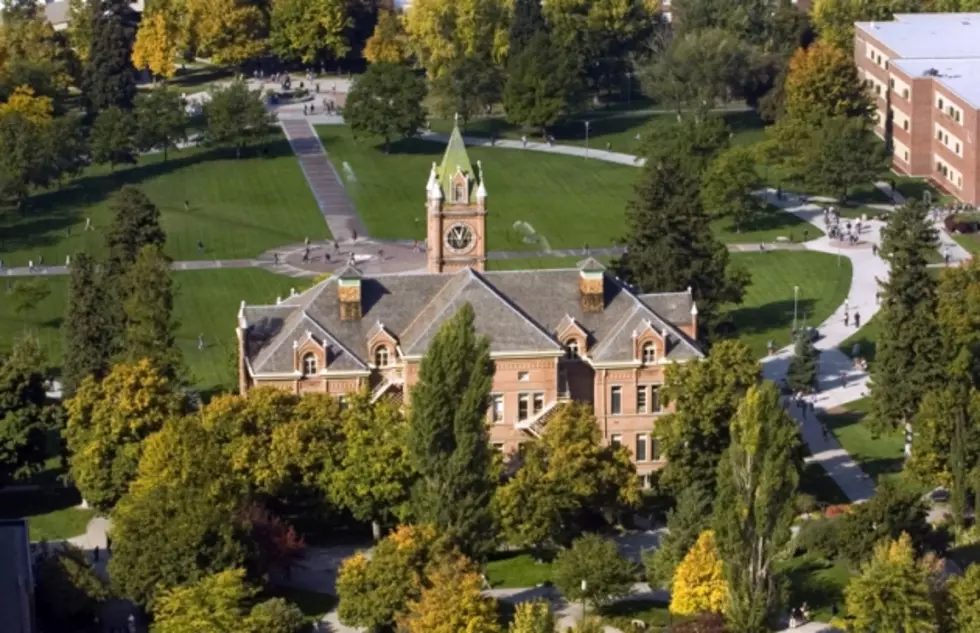
UM Official Provides Update on Staff Reductions and APASP Group
The effort to bring staff and expenses in line with enrollment continues at the University of Montana.
Director of Communications at the President’s office, Paula Short, provided an update on the UM lecturers and the committee doing a comprehensive study that of all the various agencies and programs at the university, known by the acronym APASP, or Academic Program and Administrative Services Prioritization.
Short said, President Sheila Stearns contacted all the lecturers this week.
“The President has personally reached out to all the lecturers apologizing for having sent a notice and then having to rescind it,” Short said. “That said, there were some technical questions that the president felt needed further research, and that’s where we are right now as we are looking into some concerns that were raised, and some technical questions that we need to answer as we proceed.”
Short said the administration is looking at an ordered progression in staff as it pertains to possible reductions. Highest on the ladder are the tenured faculty, followed by non-tenured faculty, including lecturers.
“Our lecturers and our adjuncts, many of whom teach some of our very popular classes,” she said. “Our CBA (Collective Bargaining Agreement) requires us to look at those individuals before we can go forward with reductions in faculty from the tenured ranks. With the lecturers, it’s difficult to have a one-size-fits-all as far as their individual circumstance. The attempt the university made to notify everyone about the possibility of not renewing, and we have since looked at that and the concerns that have arisen, and we’re deciding the next course of action.”
One of the university professors, Dr. Mehrdad Kia, has expressed concern over the APASP Committee and their qualifications to determine which programs must be modified or even eliminated. KGVO News spoke with both Kia and his attorney Quentin Rhoades on Tuesday.
Short said the makeup of the committee is public information on the APASP website, and said the philosophy of shared governance determines the steps the committee will take.
“You’ve got a task force made up of members from the campus community in our tradition of shared governance,” she said. “The task force agrees upon the framework, the methodology and the data that’ll be used and the metrics available. It’s less about having a group with a particular subject matter expertise, as much as having a group that can decide on the methodology and be able to adhere to that through the entire process. We did attempt to have a representative group of students, faculty and staff and administrators to take on this huge undertaking.”
Short said President Stearns has expressed her confidence in the APASP task force.
“There have been times when we’ve had to make modifications and learned things on the fly as we’ve proceeded,” she said. “She said this morning that for anyone who is looking at APASP and determining its success, she has said it’s more important than ever how important it is to take a really discerning look at these programs, and if nothing else, APASP has equipped us with the knowledge and data to make informed decisions to move forward, whatever those decisions ultimately become.”

![[PHOTOS] Excited Bobcat Fans Welcome College Gameday to Bozeman](http://townsquare.media/site/15/files/2022/11/attachment-Gameday-Bus.jpg?w=980&q=75)
